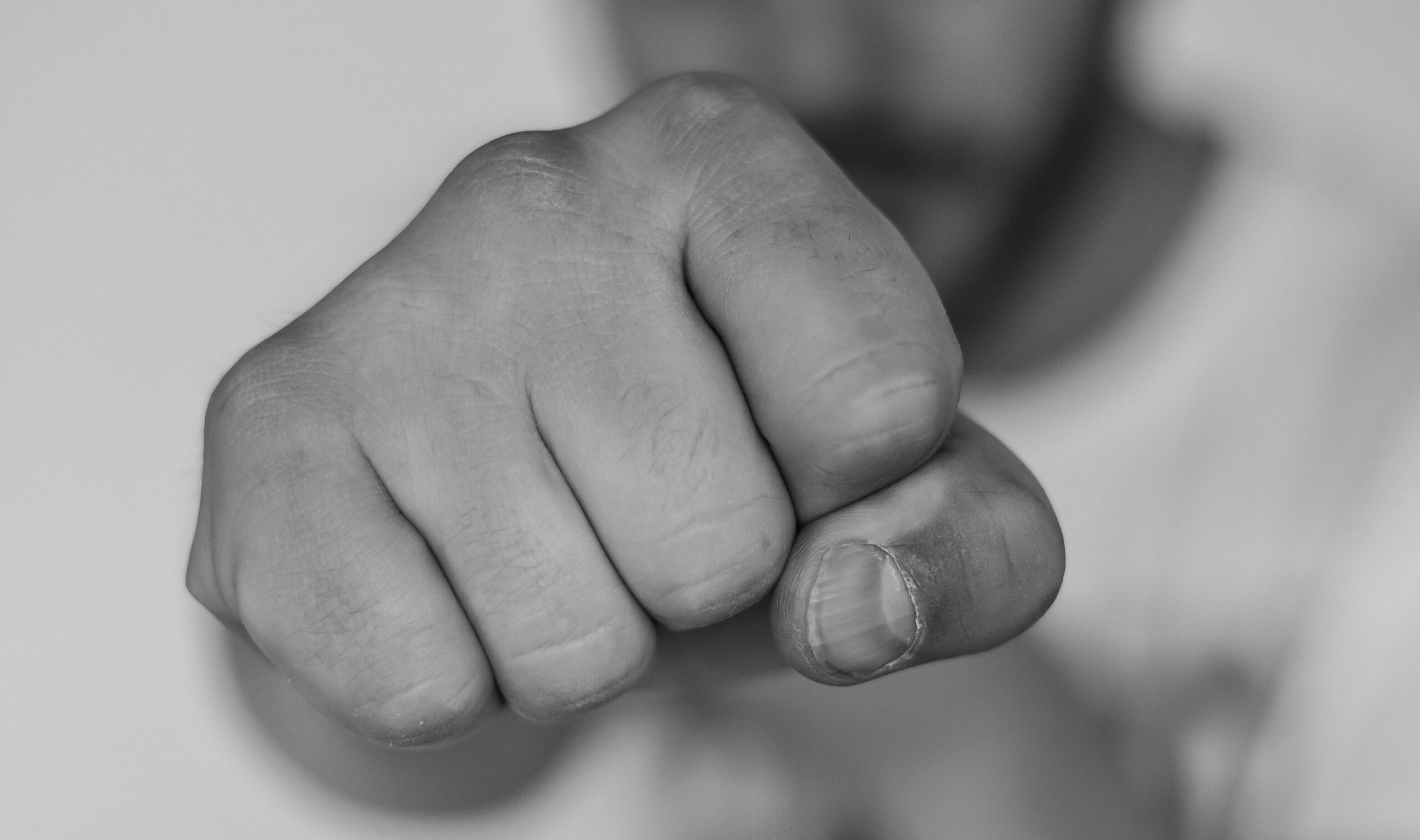Self Defense – Using a Justification Defense in NY Court
If someone attempts to hurt you, you have a right to protect yourself. However, the use of force in response to another’s illegal use of force is not unqualified. Under New York’s laws, self defense is a justification defense. In this blog, we explain how this defense works in court.
Self Defense in General
In New York, a person who is charged with a crime can, in some cases, claim he or she was acting in self defense or in defense of another. This is a justification defense – meaning he or she was justified in using force to prevent harm from coming to them, someone else, or property.
However, there are certain exceptions to this defense. For example, the defense cannot be raised if the person seeking to raise the defense was the initial aggressor. This is unless he or she has withdrawn and then were still pursued by the other person. The defense also can’t be used in cases of mutual combat.
When this defense is raised, the defendant is not required to prove that he or she was justified. Instead, the prosecution is required to prove beyond a reasonable doubt that he or she was NOT justified. A person’s reputation for violence may be considered when deciding if the defense is applicable.
The individual raising the defense must reasonably believe the aggressor is doing something that could harm them or someone else. Additionally, the person must reasonably believe that his or her actions are necessary to defend against that potential harm. When considering what is “reasonable,” this should be considered both objectively and subjectively from the individual’s point of view.
Use of Physical Force in Self Defense
Physical force is not specifically defined in the Penal Law. Generally speaking, it is any force that may result in physical injury to another person. Under the law, physical injury is defined as impairment of physical condition or substantial pain. As such, physical force includes slaps, punches, kicks, shoves, and the like.
A person is permitted to use physical force in order to defend themselves from an aggressor who is using physical force. For example, if a person is punching you, you may (in some circumstances) be permitted to punch them back in self defense. Additionally, physical force can be used to protect property in some circumstances.
Self Defense Using Deadly Physical Force
Deadly physical force definition is defined as physical force which is readily capable of causing death or other serious physical injury. Under the law, serious physical injury is an injury which creates a substantial risk of death, or which causes death or serious and protracted disfigurement, protracted impairment of health or protracted loss or impairment of the function of any bodily organ.
A person is only permitted to use deadly physical force in self defense if the aggressor is using deadly physical force. For example, if a person is about to stab you with a knife, you may (in some circumstances) be permitted to stab them with a knife in self defense.
Use of deadly physical force has some important caveats. In particular, there is a duty to retreat before using deadly physical force if it can be done so safely. This may not apply if the person is in his or her own home and is not the initial aggressor, or if there is a reasonable belief the aggressor is committing certain crimes (including certain sex crimes, robbery, and kidnapping).
References:
- New York Penal Law § 35.15, Justification; use of physical force in defense of a person. Available at: https://www.nysenate.gov/legislation/laws/PEN/35.15 (last accessed Dec. 8, 2023).
- New York Penal Law § 10.00, Definitions of terms of general use in this chapter. Available at: https://www.nysenate.gov/legislation/laws/PEN/10.00 (last accessed Dec. 8, 2023).
- New York Criminal Jury Instructions & Model Colloquies, “Instructions of General Applicability.” Available at: https://www.nycourts.gov/judges/cji/1-General/cjigc.shtml (last accessed Dec. 8, 2023).
Image: CC0 1.0 Universal

